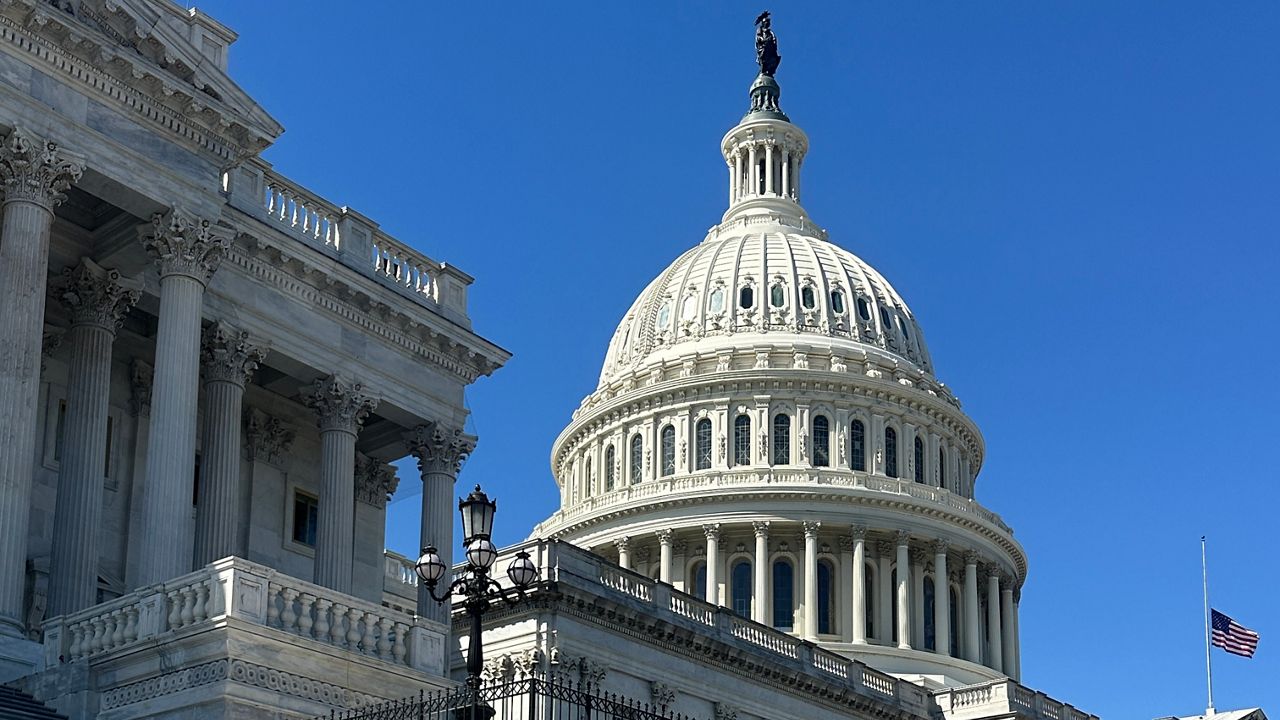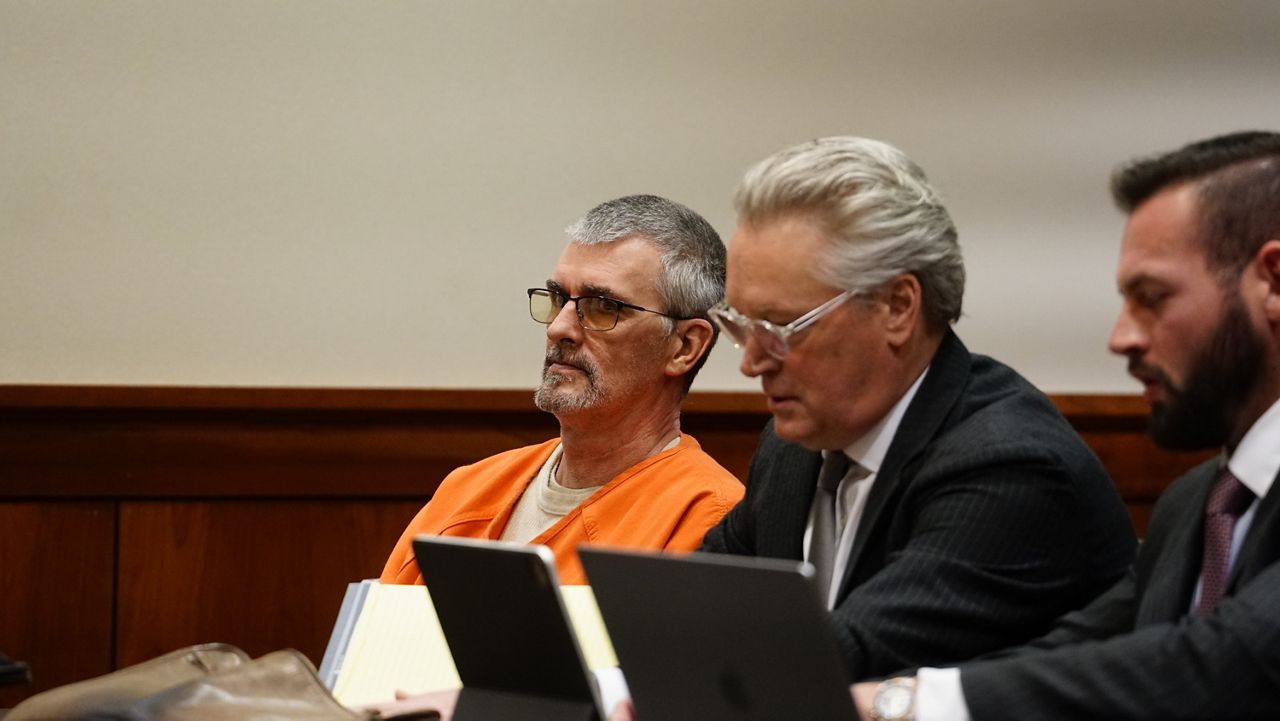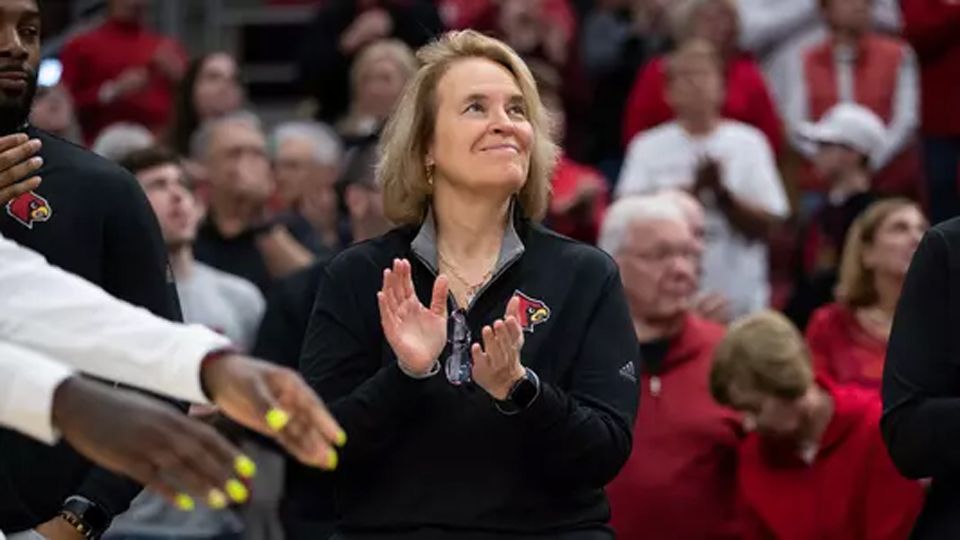LOUISVILLE, Ky. — Benjamin Brainard and his wife, Amanda, bought a historic building on Museum Row in downtown Louisville just before the pandemic hit. They renovated the previously vacant space into seven short-term rental units.
“We have some great new hotels and great old hotels in Louisville, but there was a desire for gathering as a group,” said Brainard. “This gives you that sort of feeling.”
His company, Hollyhock Suites, has a dozen rental units listed across the city. Brainard said there’s no one type of person who rents from them. Some are drawn to Louisville for bourbon tourism. Others come for conventions and events. He also sees a lot of families that want to check out museums and other kid-friendly attractions.
Airbnb recently released its summer preview, which showed Louisville was the top trending U.S. destination on its site in the first quarter of the year.
“We are really excited to be a part of a growing trend and we pray it stays that way,” Brainard said just hours before a Louisville Metro Council committee advanced a moratorium on short-term rentals city-wide.
If passed by the full council, the moratorium would temporarily halt permitting and registration for new short-term rental properties. The moratorium would last for six months or until leaders decide on permanent changes to the city’s ordinance governing short-term rentals, whichever comes first.
Councilman Jecorey Arthur, who proposed the moratorium, said it started when he received complaints that certain neighborhoods like Phoenix Hill and Butchertown were becoming over-saturated with rentals.
“People felt like they were losing their sense of community,” Arthur said.
Less than 1% of the city’s overall housing is short-term rentals, but Arthur said in certain neighborhoods the rate is much greater.
“The Central Business has 150 (short-term rentals), which is just 6% of occupied housing, but in Phoenix Hill, we have 137 (short-term rentals) and that’s 5% of the occupied housing,” Arthur said. “Why does a residential neighborhood have the same rate of Airbnbs to occupied housing, compared to the Central Business District?”
Louisville has existing rules in place for short-term rentals, but some council members say people have been taking advantage of loopholes and exploiting the system.
Hoping to address that problem, city leaders expect to weigh in on long-term changes to the existing ordinance governing short-term rentals in the city later this summer.
Some of the proposed changes include amending the occupancy requirement from “host” to “owner,” strengthening the existing 600’ requirement and raising the annual registration fee. A public comment period is underway. People can learn more about proposed changes or weigh in on the city’s website.
Brainard’s optimism following the Airbnb report decreased after news of the moratorium, saying it seems like an overcorrection.
“It’s very concerning when you see such a broad application of fixing a minor problem,” said Brainard.
He said, although the moratorium is temporary, it’s risky to move forward with big business deals during times of uncertainty.
“It’s very discouraging to people who want to come to Louisville, invest in Louisville or pour our money into Louisville. For us personally, it put the brakes on some projects we were going to go through with to help certain parts of Louisville. It’s hard,” said Brainard.
The full Louisville Metro Council is scheduled to weigh in on the temporary short-term rental moratorium Thursday, June 1. The meeting begins at 6 p.m.










